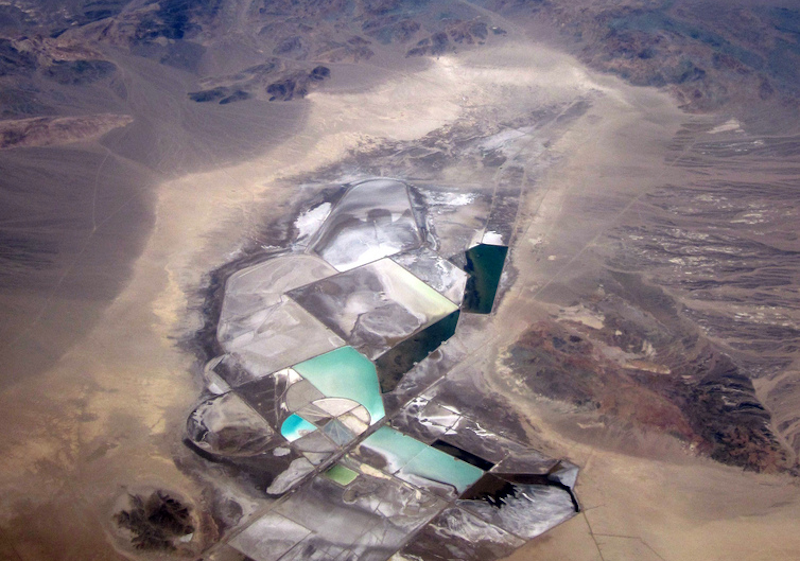
Climate-smart principles must steer the global search for the minerals and metals required by the green energy boom to make sure the process remains sustainable, according to the World Bank.
In a new report, the global body concluded that sourcing graphite, lithium and others for renewables in enough volumes – 3 billion tonnes – to keep global heating within 2°C by 2050 would carry emissions equal to only 6% of the footprint of fossil fuels.
Despite the finding, the World Bank advised climate activists, green energy developers and miners to work together to embed sustainability into the entire mineral supply chain, ensuring shortages do not prevent green energy from being deployed at the speed the Paris Agreement requires.
The World Bank has spent years delving into the impacts of mining for renewables, launching last year a US$50 million scheme to invest in recycling and other sustainable techniques. This week, the global body updated its forecasts on how profound the demand surge will be for some commodities.
Try Premium for just $1
- Full premium access for the first month at only $1
- Converts to an annual rate after 30 days unless cancelled
- Cancel anytime during the trial period
Premium Benefits
- Expert industry analysis and interviews
- Digital access to PV Tech Power journal
- Exclusive event discounts
Or get the full Premium subscription right away
Or continue reading this article for free
According to the new figures, limiting the worldwide temperature rise to 2°C would demand boosting the global production of minerals key to energy storage – graphite, lithium and cobalt – by 450% by 2050, compared to 2018 levels.
Read the full version of this story at PV Tech.





